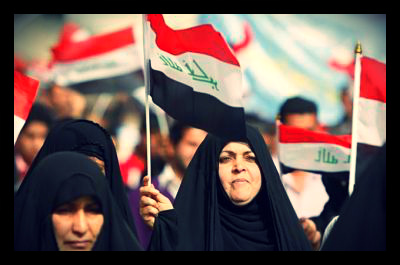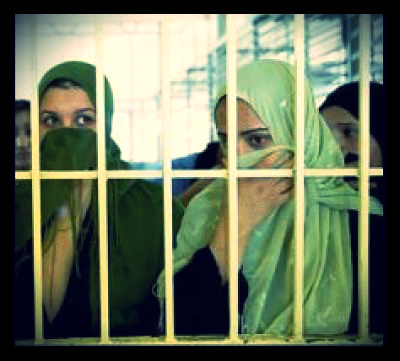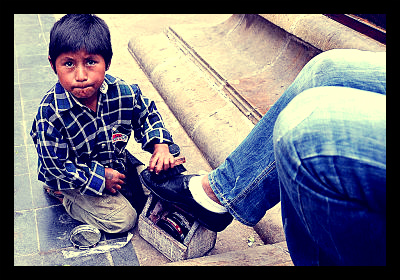Flagellation, beating and electric shock are among the injustices migrants and refugees have allegedly suffered in several Libyan detention centers, according to testimonies gathered in a Human Rights Watch investigation carried out in April. These detention centers, which are operated by the Libyan government, are home to as many as 6,000 people, most of whom are captured either while trying to flee to Europe via the Mediterranean Sea or attempting to illegally enter Libya.
Though the government has been unsuccessful in catching the majority of those illegally entering or exiting the country–approximately three million illegal immigrants reside in Libya, while over half a million individuals are estimated to have their sights set on Europe–these detention centers remain extremely overcrowded and those detained are subject to poor sanitation conditions. In addition, the detainees are denied not only proper medical care, but also legal representation and trial prior to entering the detention facilities.
A representative from HRW who reported accounts of male guards inappropriately strip-searching women and girls noted that the unstable political situation in Libya is no excuse for the “torture and other deplorable violence” occurring in detention centers run by the government. Other testimonies detailed incidents in which guards violently attacked men and boys, digitally raped women and girls, and hung individuals from trees in order to beat them.
HRW has instructed Italy and the countries comprising the European Union to withhold international aid to the detention centers until the abuses cease. In the next four years, those countries were to invest a combined 12 million euros (roughly $16.4 million) into rehabilitating these centers. Now, most of that money will be invested into Libyan NGOs. A small amount will be still committed to rehabilitating several of the detention centers violating Libya’s international obligation to protect all on its soil, including those in detention centers.
Should the abuses stop, Italy and the EU are to convene with the Libyan Interior Ministry on how to best use aid to bring all detention centers up to international human rights standards.
These reports of torture come at a crucial time, as the numbers of migrants and refugees in Libya is not only at a record high but expected to continue to grow within the next few years, especially if the political uncertainty currently plaguing Libya persists. Those who have already experienced torture in these detention centers are at increased of risk of poverty upon their release, as the psychological and physical stress they have endured may prevent them from seeking or sustaining employment.
Ending torture, wherever it occurs in the world, should be at the forefront of international aid agendas not just because it endangers those who currently suffer from it but also because it will affect their lives negatively thereafter as well.
– Elise L. Riley
Sources: The Guardian, IRCT, Human Rights Watch
Photo: The Guardian




